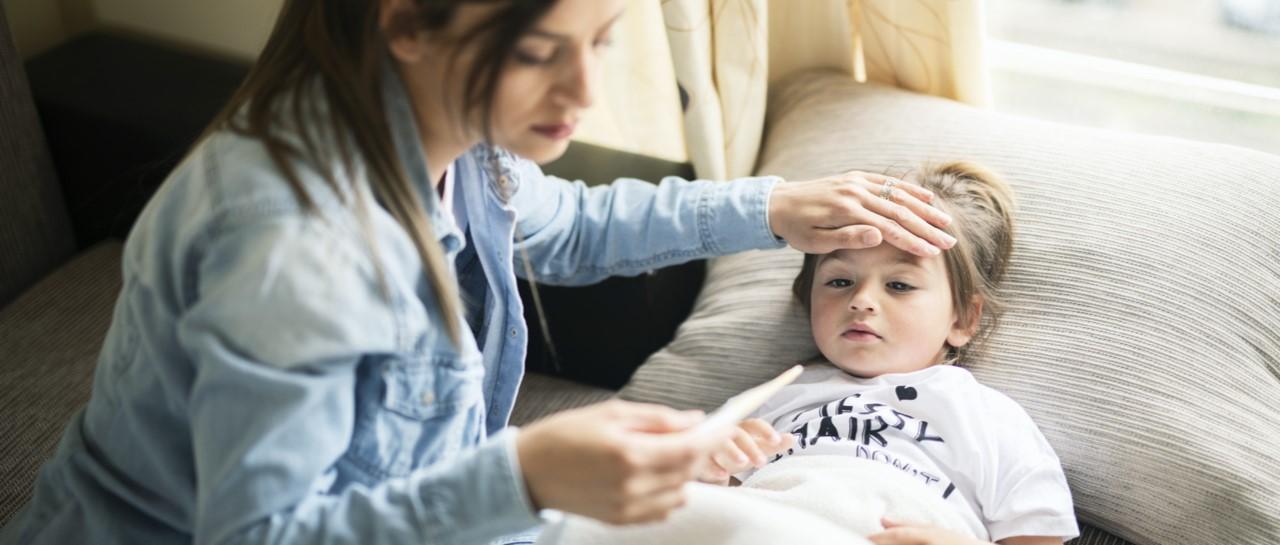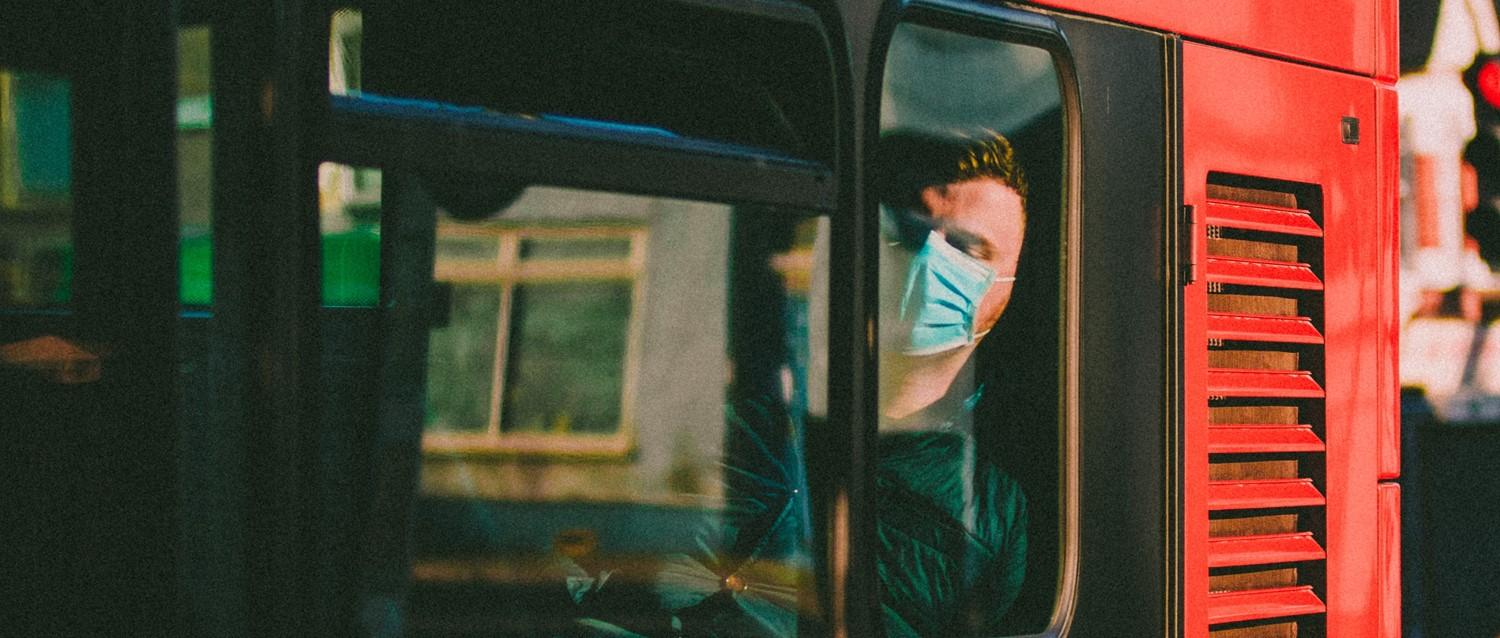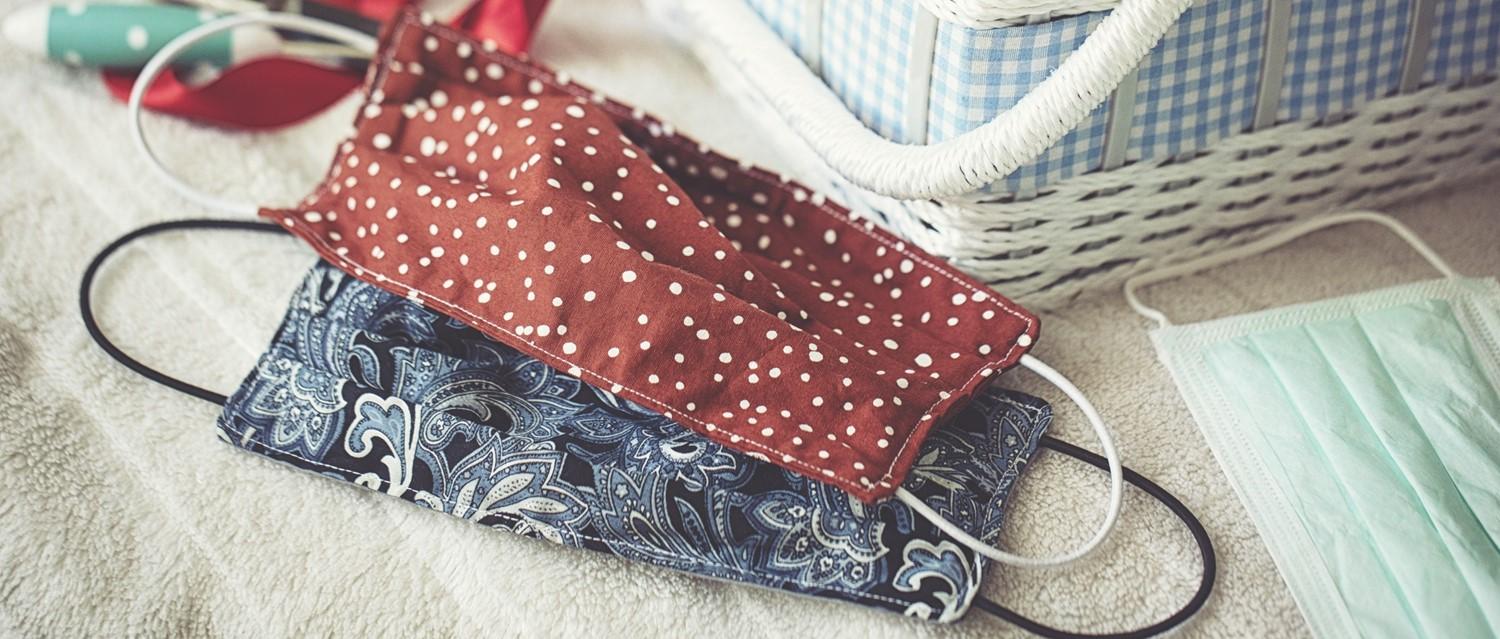
COVID-19: can children become seriously ill from coronavirus?
Peer reviewed by Dr Sarah Jarvis MBE, FRCGPLast updated by Natalie HealeyLast updated 17 Apr 2020
Meets Patient’s editorial guidelines
- DownloadDownload
- Share
- Language
- Discussion
While older people and those with underlying health problems are more at risk of severe complications from COVID-19, children can still catch coronavirus and become ill. Here's how parents can keep them safe.
In this article:
The coronavirus crisis is affecting us all, but some groups appear to be more vulnerable than others to the disease. Older people and those with underlying health problems are more likely to experience severe forms of the illness. But that doesn't mean kids can't catch the virus and become seriously poorly. The youngest cases have been infants only a few days old. And there have been a small number of tragic reports of children dying from COVID-19.
Researchers at Imperial College London have found a clear link between older age and the likelihood of being hospitalised with coronavirus. But while young, fit people do appear to be far less likely to experience serious complications from COVID-19, even the healthiest (and youngest) of us could experience severe symptoms.
A study from China of more than 2,000 children who had contracted COVID-19 found that although the cases were generally less severe in kids compared to adults, children were still vulnerable to infection.
"Unfortunately children can get seriously ill with coronavirus," points out GP Dr Adwoa Danso. "We have seen very young people die, with no known underlying conditions."
Continue reading below
Why are children less affected?
Reading about these tragic cases is likely to cause parents understandable anxiety, but reassuringly these incidents appear to be very rare. However, although the risk of a child experiencing a serious case of coronavirus is low, it’s not impossible.
"Children are the least likely to die from coronavirus. But even so, it's a bit of a Russian roulette if you catch this. Nobody knows how it's going to affect you. And that's what makes it so terrifying," says Dr Gero Baiarda, a GP at GPDQ.
While young children are one of the groups that are most vulnerable to illnesses like flu, coronavirus seems to be a different scenario. We don't know enough about COVID-19 to be sure yet, but scientists believe children may generally experience milder symptoms than adults because of how their immune systems work.
As COVID-19 is a new illness that we haven't been exposed to before, none of us has built up any sort of defence to it. But children's immune systems are quite used to encountering illnesses they haven't met before, which may be why they are better at responding to coronavirus.
An excessive immune reaction to COVID-19 can cause serious (and potentially fatal) complications. Some researchers think that because children's immune systems are less likely to overreact to the virus, their lungs are protected from serious damage.
Stop the spread
Although children tend to be less severely affected by COVID-19, parents must remember that kids can still spread it. Even if a child isn't experiencing symptoms, they could be a silent carrier and pass the virus on to a more vulnerable person like an older relative.
Parents must ensure children are washing their hands regularly and for at least 20 seconds to minimise the spread of coronavirus. If they venture outside for daily exercise, be strict about them keeping at least two metres away from anyone outside of the household.
And if your child or a member of the family develops symptoms, everyone in the household must self-isolate for 14 days.
"I know this may be worrying but it is important to know that there are measures in place to protect us," says Danso. "It is important for children to practise social distancing, social isolation and frequent hand washing. I encourage everyone to follow the guidance as this will reduce the risk of contracting the virus."
Continue reading below
Don't delay seeking medical advice
Coronavirus doesn't mean other medical problems magically go away. If you are worried about your child's health during this time, don't ignore those concerns.
If your child has symptoms of coronavirus (a new continuous cough and a high temperature), do not take your child to the doctor or pharmacist. Instead:
If they are under 5 years old, ring 111 for advice about what action to take.
If they are 5-15 years old, look up advice on their symptoms from the host of information on Patient.info, or use the NHS online symptom checker.
If no further action is needed and they have symptoms of coronavirus, they should stay at home and self-isolate for at least seven days (everyone else in the house will need to self-isolate for 14 days). If their symptoms worsen or affect their ability to do things like reading books or watching TV, call NHS 111.
For other symptoms that are not related to coronavirus, contact your child's GP. Although most medical appointments involve being contacted over the phone or video call for the time being, health professionals are still available to help out if someone experiences illness.
"If we have to see a child face to face, we will adopt all the personal protective equipment to assess them safely. And if we are concerned, the paediatric team at the hospital will be more than happy to see them," says Baiarda.
Don't forget that pharmacists can offer advice on many minor ailments, sometimes over a video consultation - you can find out more about services at Patient Access by searching for pharmacy video consultation in the drop-down box.
Patient picks for General information

COVID-19
How to reduce your risk of coronavirus on public transport
As lockdown restrictions continue to be eased across the country, more and more people are using public transport again. But for many this is an anxious experience, especially after so many months of avoiding tubes, trains and buses.
by Andrea Downey

COVID-19
How to make face masks and coverings more comfortable
For those of us who don't work in healthcare, wearing a face mask can feel quite strange. But it's something we are all having to get used to at the moment, especially as face masks become compulsory in shops in England.
by Lydia Smith
Continue reading below
Article history
The information on this page is peer reviewed by qualified clinicians.
17 Apr 2020 | Latest version

Ask, share, connect.
Browse discussions, ask questions, and share experiences across hundreds of health topics.

Feeling unwell?
Assess your symptoms online for free